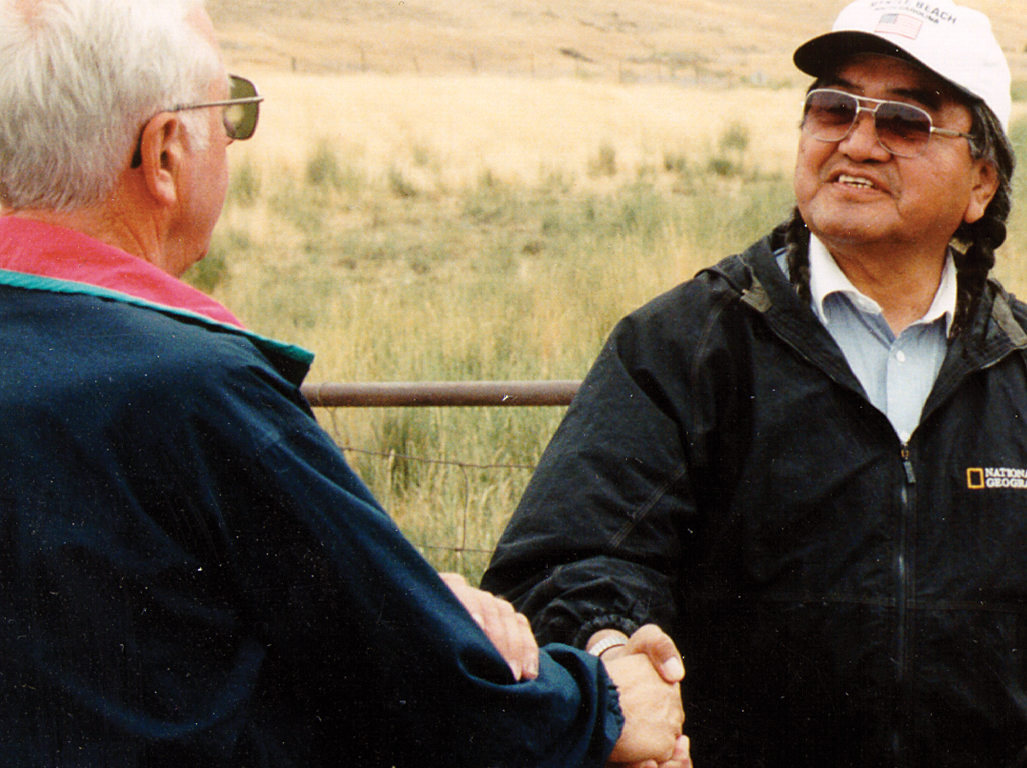Institutional Recommendation 3
Dispute Resolution
For public lands and water project management, implement a dispute resolution process similar to the Columbia River Fish Management Plan and Federal Energy Regulatory Commission (FERC) processes.
Current Status
The dispute resolution process in the current U.S. v Oregon Management Agreement (see 1. C. 6. Dispute Resolution Procedure) provides the tribes with recourse should the provisions of the court-ordered agreement not be met. Formal dispute resolution processes associated with agreements in the FERC process also provide the tribes a method to address disagreements. The existence of a dispute resolution mechanism makes parties evaluate their actions from a different perspective. Many land use and water use decisions are made at the state and local level and do not have formal dispute resolution processes that recognize the tribes as co-managers.
Assessment
The Umatilla, Warm Springs and Yakama tribes negotiated the Columbia Basin Fish Accords as a settlement agreement with the operating agencies of the Federal Columbia River Power System (FCRPS). A dispute resolution mechanism is included as part of the settlement agreement (see IV. F. Dispute Resolution), which provides opportunity for greater tribal input in the operation of the FCRPS. Formal dispute resolution mechanisms for federal, state and local land use decisions have not been developed. Tribes have entered collaborative processes with local entities to protect tribal interests. A good example is the Umatilla tribe working with local landowners to retain instream flows for fish, while providing alternative sources for irrigation water. Another is a collaborative process between tribal, federal and state interests employed to raise the Oregon water quality standards based on tribal fish consumption. Although formal dispute resolution processes provide good recourse to protect tribal interests, a well-designed collaborative process can also produce positive results that protect tribal interests.
New and Modified Actions
- Encourage the use of collaborative processes in fish restoration and protection efforts, as appropriate.
- Continue to develop timely dispute resolution processes, similar to those in the Columbia Basin Accords and the U.S. v. Oregon Management Agreements, in any new agreements or entities as means of supporting the restoration of the tribes’ fish resources.
- Implement timely dispute resolution processes in land and water use decisions as a means to support the restoration of the tribes’ fish resources, as recommended in the 1995 Spirit of the Salmon Plan.






